PROCURE Biobank
PROCURE Biobank
PROCURE Biobank
A multicentric biobank
The PROCURE Biobank is the result of more than ten years of collaboration between four university hospital centers in Quebec, with the support of major donors and financial partners.

A biobank dedicated to prostate cancer research
We have collected a considerable amount of biospecimens and data from some 2,000 men who had undergone prostatectomy:
- Prostate tissue, blood and urine at surgery; blood and urine during medical follow-up visits;
- Associated clinical, pathological and socio-demographic data.
Helping research by providing biospecimens and data of great scientific value to better understand prostate cancer, diagnose it earlier and treat it in a targeted and precise manner.
- Biological fluids : Serum, plasma, buffy coat, PBMC, urine
- Derived samples : Blood DNA and RNA
- Prostatic tissues : Frozen in OCT; fixed and paraffin embedded (FFPE)
- Tissue microarrays (TMA) : Available soon
- Harmonization of operating procedures and methods at the four collection sites;
- Sociodemographic data questionnaire completed by participants;
- Mainly Canadian and French-speaking cohort;
- Full tissue characterization by biobank pathologists;
- Collection of blood and urine at follow-up visits, leading to the possibility of longitudinal studies;
- Update of clinical data during medical follow-up visits
- Number of participants: 2004
- Median medical follow-up: 7 years
- Mean age at diagnosis: 62 +/- 6.4 years
- Mean PSA at diagnosis: 7.9 +/- 10.3 ng/mL
- Biochemical recurrence: 652 patients (33%)
- Cases of cancer resistant to hormone therapy (CRPC): 80 patients (4%)
- Mortality: 187 patients (9%)
To grow, prostate cancer depends on sex hormones, called androgens. Treatment that deprives the production of androgens by chemical or surgical castration is the most effective basic treatment to stop the progression of this cancer. Unfortunately, after a while the cancer becomes “castration resistant”.
Dr. Éric Lévesque and his team are interested in the mechanisms of synthesis of these hormones and in particular the enzymes that produce them as well as the impact of the level of these hormones on the growth of prostate cancer.
The objective of this research project is to analyze in the blood of patients before and after castration and during the progression of their cancer the blood levels of these different hormones and to correlate these levels with the progression of the disease and certain of its characteristics.
In this research project, Dr. Lévesque hopes to be able to demonstrate that the level in the blood of certain of these hormones could predict whether or not patients will rapidly develop resistance to castration. Such information could be used to choose more appropriate treatments in these patients.
A total of 1929 blood samples from the biobank will be used for this project.
For More Information
Dr Alain Bergeron: alain.bergeron@crchudequebec.ulaval.ca
Ginette McKercher: ginette.mckercher@mail.mcgill.ca
Additional Information - Prostate cancer
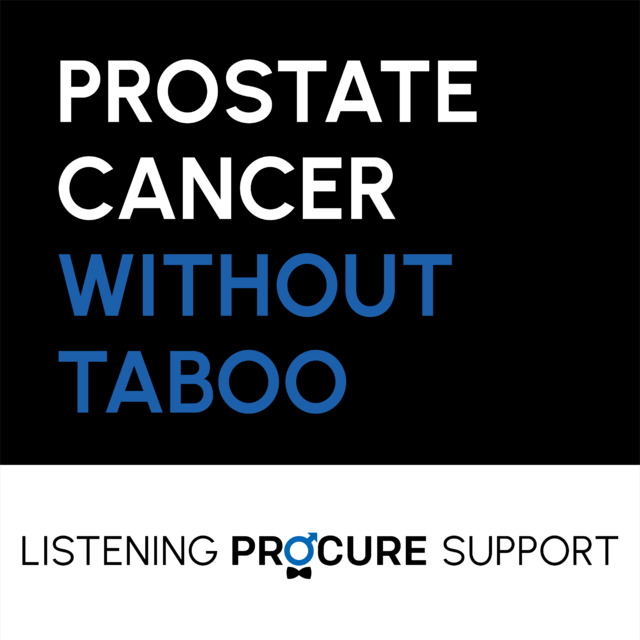
Is prostate cancer hereditary?
Understanding the hereditary and genetic aspects of this disease can provide valuable information to both individuals affected and their families.
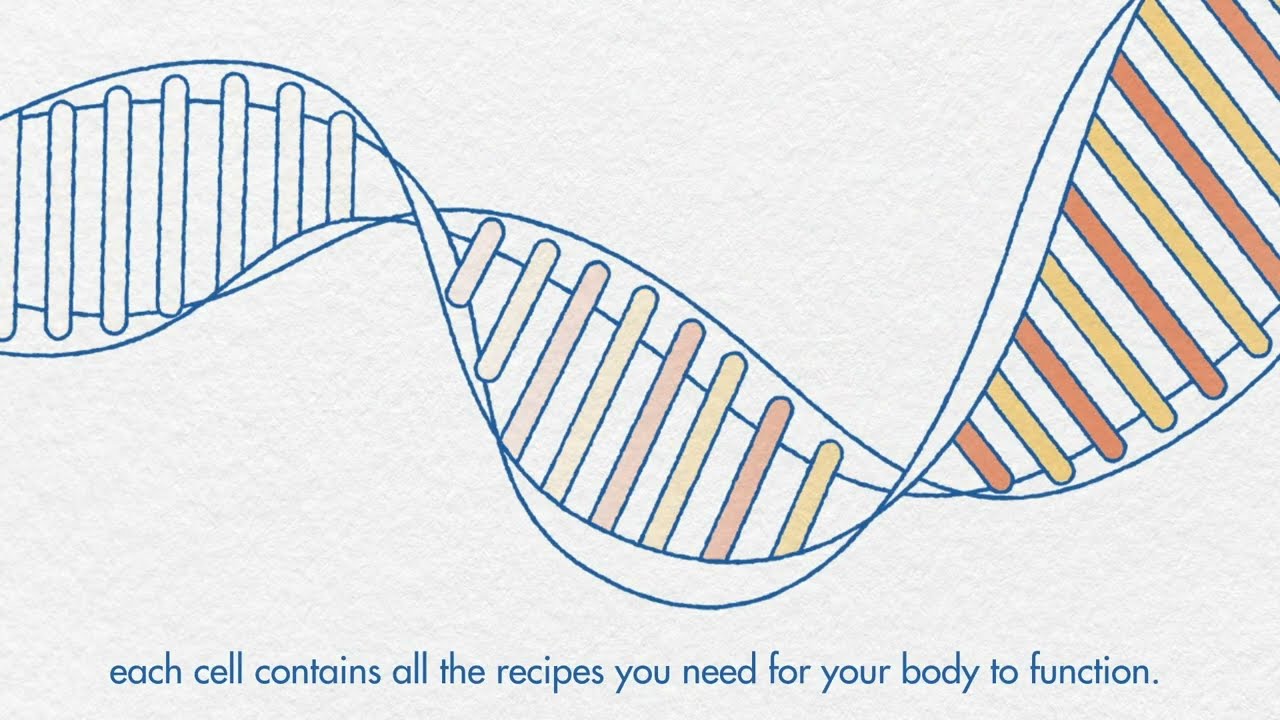
Genetics and prostate cancer
Do you have a family history of cancer? Your doctor might recommend genetic screening.
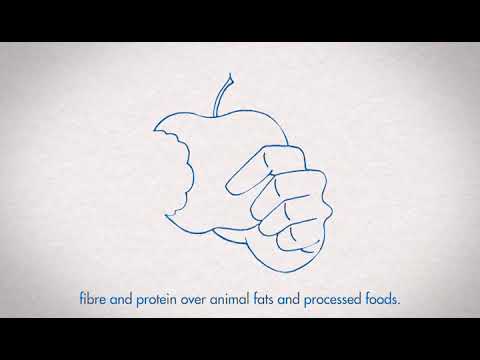
Symptoms, risk and screening
Are you over 50 or experiencing urinary problems? Discover why early screening for prostate diseases is important.
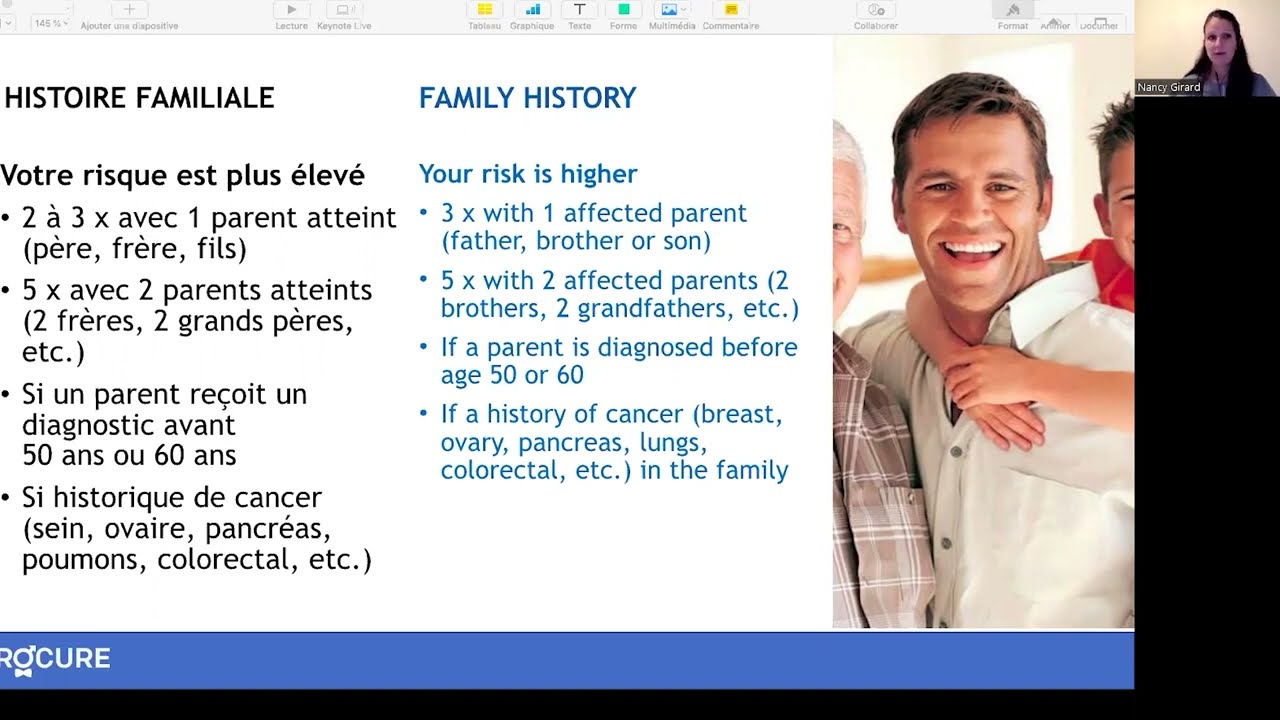
From prostate to screening
Learn about the role of your prostate, related diseases, symptoms to watch out for and risk factors.
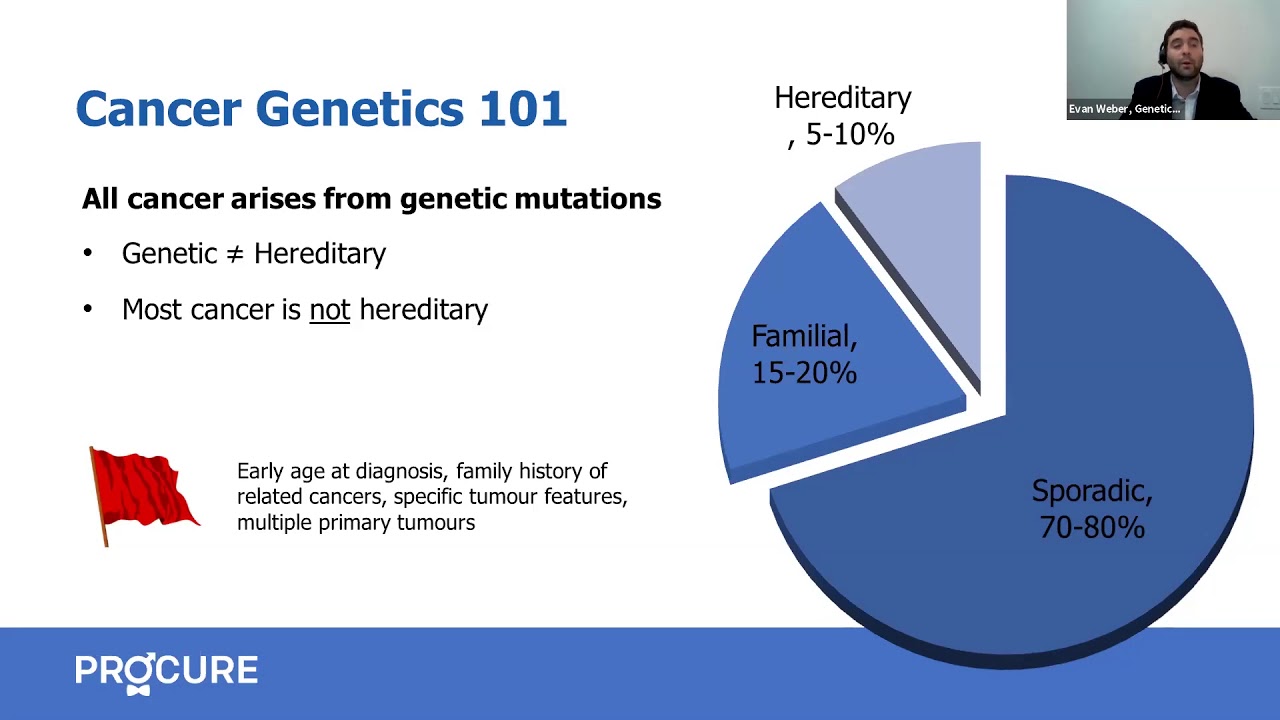
Genetic predisposition to prostate cancer
Although rare, some hereditary genetic mutations can increase your risk of prostate cancer.

Do you have a curved penis?
Is your penis curved? Does it curve to the left, right, upward, or downward? You have a curved penis and you or your partner want to know why?
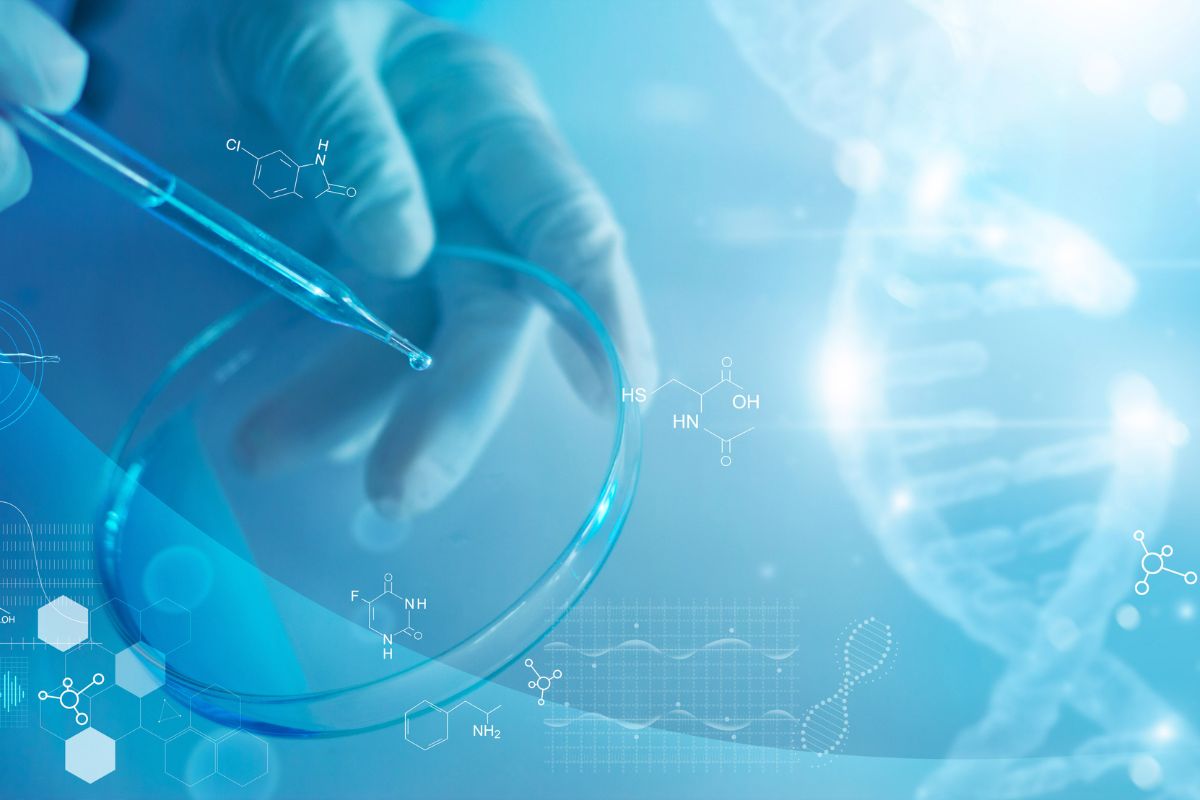
Can I prevent BRCA-related prostate cancer?
How to prevent BRCA-related prostate cancer? Can I have a radical prostatectomy or a proactive treatment to prevent prostate cancer?
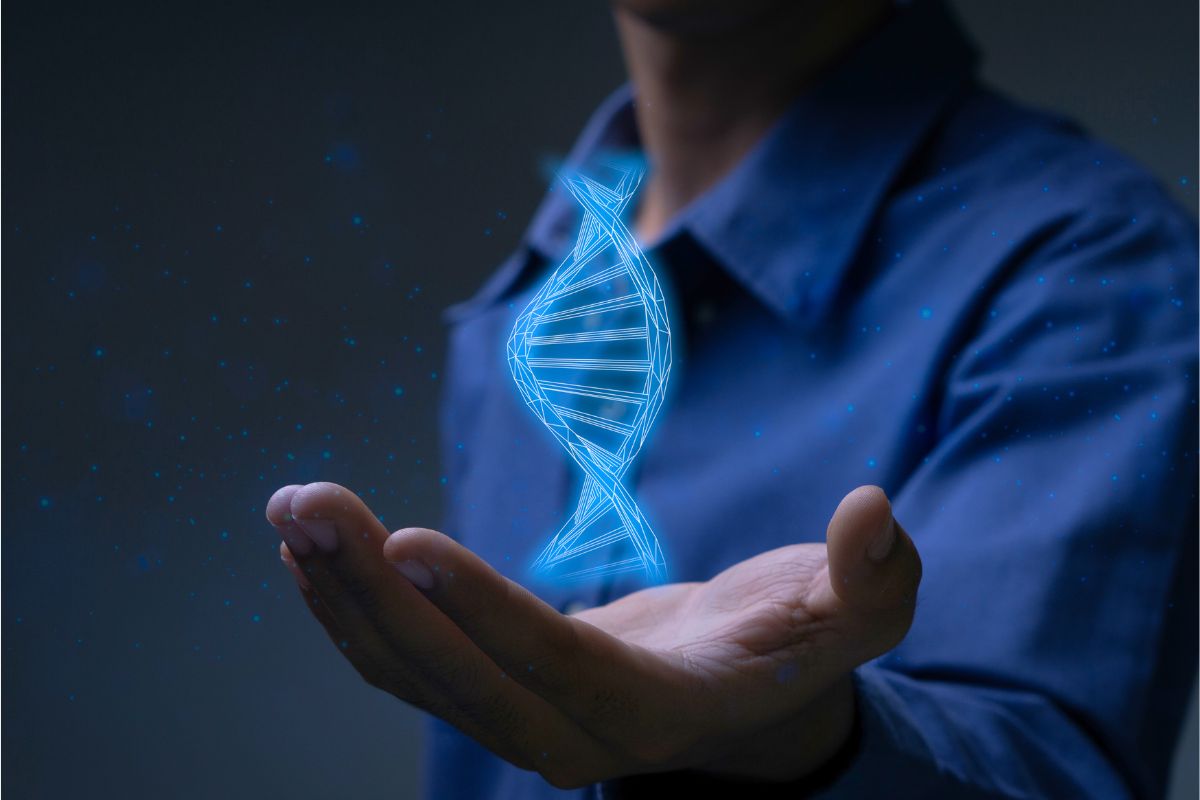
What is a genetic mutation?
Do you have a significant family history of cancer? Is there a link between prostate cancer and a genetic mutation?

My balls hurt!
While sore balls are a common experience and usually no cause for concern, it’s important to familiarise yourself with symptoms in case it’s a sign of something serious.

I feel a heaviness in my underwear
I feel a heaviness in my underwear and I know it’s not normal… And sure enough, you notice your balls are much bigger than usual.

What women should know about prostate cancer
As a woman, you might think that prostate cancer is not your concern because you don’t have a prostate. However, prostate cancer is the most common cancer in men.

Why a health check?
The short answer to this question is to assess your health. This is the starting point for a health check. Could we be in the presence of potential undetected diseases?

10 signs that encourage you to see a doctor
There are many reasons why men will be referred to a specialist, and if you experience any of the following symptoms you should see a family doctor. Here are 10 signs that encourage you to consult. You should also know that unless you go to a private clinic, you cannot consult a specialist directly, such as […]

From your prostate to screening in 5 points
From your prostate to screening in 5 points. Gentlemen, are you over 50 years old, or have you been having urinary problems for some time now? Several diseases can affect your prostate, and it’s important to detect them early. Let’s take a closer look. The size of a walnut, the prostate is located just below […]
Sources and references
Last medical and editorial review: April 2024. See our web page validation committee and our collaborators by clicking here.


